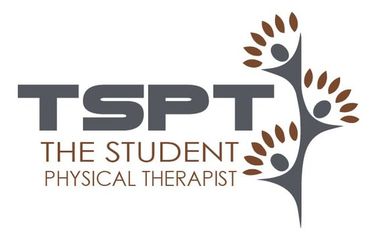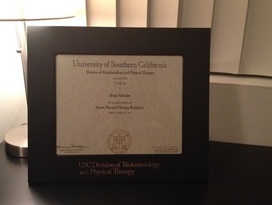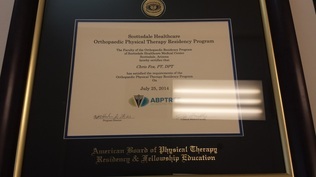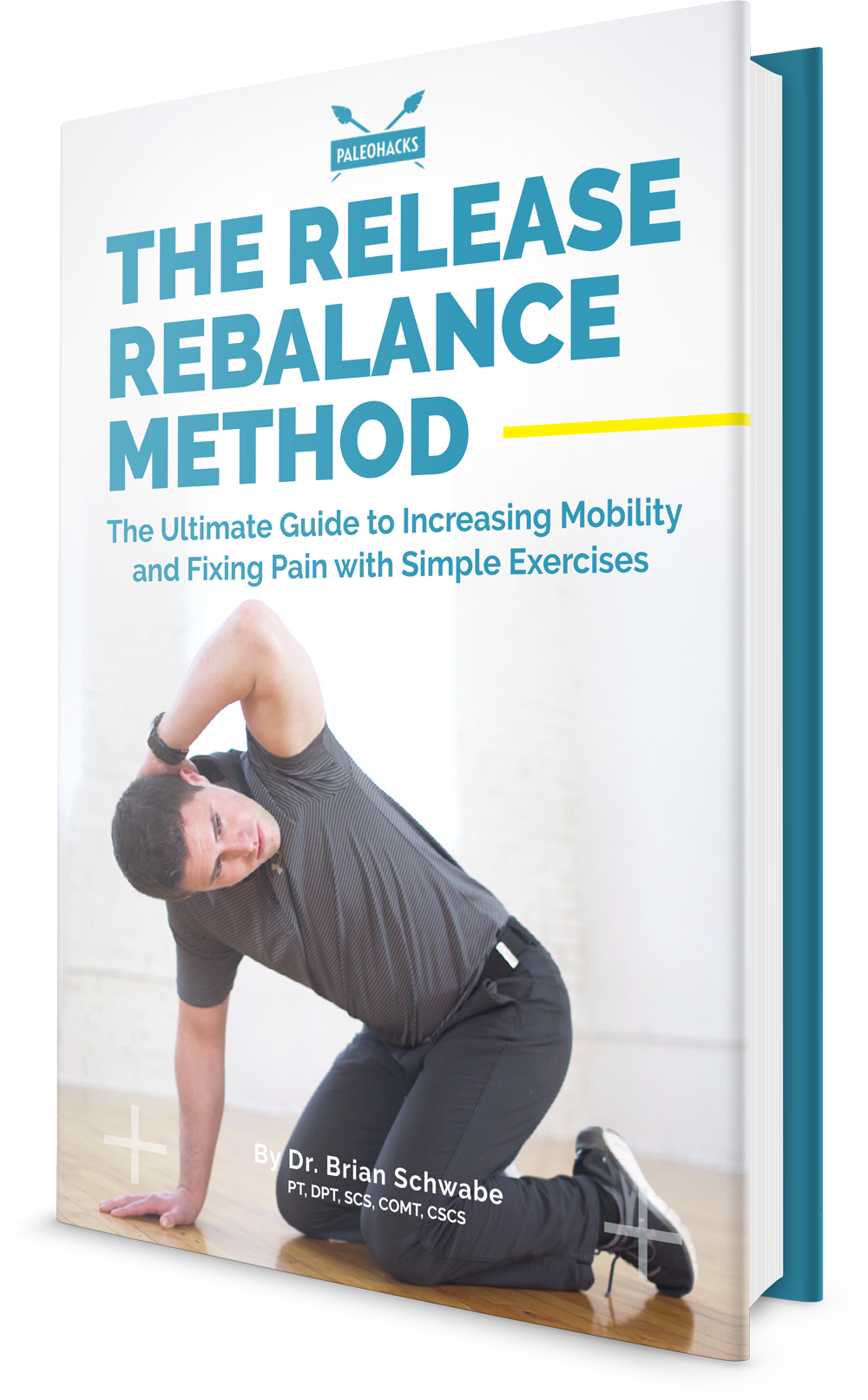- Home
- About Us
- TSPT Academy
- Online Courses
-
Resources
- Newsletter
- Business Minded Sports Physio Podcast
- Day in the Life of a Sports PT
- Residency Corner
-
Special Tests
>
-
Cervical Spine
>
- Alar Ligament Test
- Bakody's Sign
- Cervical Distraction Test
- Cervical Rotation Lateral Flexion Test
- Craniocervical Flexion Test (CCFT)
- Deep Neck Flexor Endurance Test
- Posterior-Anterior Segmental Mobility
- Segmental Mobility
- Sharp-Purser Test
- Spurling's Maneuver
- Transverse Ligament Test
- ULNT - Median
- ULNT - Radial
- ULNT - Ulnar
- Vertebral Artery Test
- Thoracic Spine >
-
Lumbar Spine/Sacroiliac Joint
>
- Active Sit-Up Test
- Alternate Gillet Test
- Crossed Straight Leg Raise Test
- Extensor Endurance Test
- FABER Test
- Fortin's Sign
- Gaenslen Test
- Gillet Test
- Gower's Sign
- Lumbar Quadrant Test
- POSH Test
- Posteroanterior Mobility
- Prone Knee Bend Test
- Prone Instability Test
- Resisted Abduction Test
- Sacral Clearing Test
- Seated Forward Flexion Test
- SIJ Compression/Distraction Test
- Slump Test
- Sphinx Test
- Spine Rotators & Multifidus Test
- Squish Test
- Standing Forward Flexion Test
- Straight Leg Raise Test
- Supine to Long Sit Test
-
Shoulder
>
- Active Compression Test
- Anterior Apprehension
- Biceps Load Test II
- Drop Arm Sign
- External Rotation Lag Sign
- Hawkins-Kennedy Impingement Sign
- Horizontal Adduction Test
- Internal Rotation Lag Sign
- Jobe Test
- Ludington's Test
- Neer Test
- Painful Arc Sign
- Pronated Load Test
- Resisted Supination External Rotation Test
- Speed's Test
- Posterior Apprehension
- Sulcus Sign
- Thoracic Outlet Tests >
- Yergason's Test
- Elbow >
- Wrist/Hand >
- Hip >
- Knee >
- Foot/Ankle >
-
Cervical Spine
>
- I want Financial Freedom
- I want Professional Growth
- I want Clinical Mastery
|
With the new year close to beginning, it is getting close to the time when residency applications should start getting sent in, so I thought I would review the pros/cons. It can be a tough decision whether you are just finishing up school or have been practicing for awhile, especially with the salary adjustments, but I believe it is worth it. The primary reason I recommend pursuing a residency is to become a better clinician overall at a faster rate. We often forget that we graduate from physical therapy school as generalists. We know a little about a lot with tools to figure out how to treat most conditions. However, we are by no means specialists. Honestly, I was insecure about my knowledge and skills as an orthopaedic therapist coming out of school and that I would not help many patients. Now, of course, we improve with experience, mentoring and taking various courses, but it takes a long time. In completing a residency, the knowledge and skills are gained at a faster rate. With the advanced didactic and hands on material that is learned in conjunction with 1-on-1 mentoring, the reasoning that may take some to gain in more than a few years can be gained in one. If you look at the medical profession (with which our profession regularly tries to mimic - think white coat ceremonies, doctorate degrees, direct access), residency is required in order to gain the special skills and knowledge for the area of medicine. I recognize there are many issues with the residency process. First of all, there are not nearly enough spaces for all the PT school graduates. It would be difficult to abruptly increase the number of residencies and ensure certain standards. I think there is potentially a place with certain continuing education programs that maybe take a year or so to complete but advance the clinical reasoning and skills in the field. In the orthopaedic specialty, this can be a COMT program, McKenzie, SFMA, PRI, or many others. There are similar type programs for each specialty. Another issue typically is cost. While, residencies themselves are not an option for all due to the pay cut, the continuing education programs discussed before can help to mediate those costs at a much more affordable rate. There are many different types of clinical development programs from which to choose. The three of us chose residencies. Jim was at Harris Health's orthopaedic residency, Brian at USC's sports residency, and myself at Scottsdale Healthcare's (now Honor Health) orthopaedic residency. For a list of the available residencies, check out this link from the APTA.. Below you will see a couple different links we have had about our residency experience, but please don't hesitate to contact any of us in either making a decision about applying to a residency or the process itself. -Chris
Like this post? Then check out the Insider Access Page for advanced content! And check out similar posts below!
1 Comment
5/8/2024 02:12:03 am
Choosing to pursue a residency is a pivotal moment in any medical student's journey. It involves careful consideration of personal goals, specialty interests, and long-term career aspirations. The commitment to additional years of intense training and study is not taken lightly. While contemplating this path, students often explore resources and support systems to help them manage the rigorous demands ahead. Tools like BorderFreeHealth pharmacy online can be instrumental in providing convenient access to essential medications and healthcare resources, allowing future residents to focus on their training without the added stress of finding reliable medical supplies.
Reply
Leave a Reply. |
Dr. Brian Schwabe's NEW Book in partner with PaleoHacks!
Learn residency-level content on our
Insider Access pages We value quality PT education & CEU's. Click the MedBridge logo below for TSPT savings!Archives
July 2019
Categories
All
|










 RSS Feed
RSS Feed